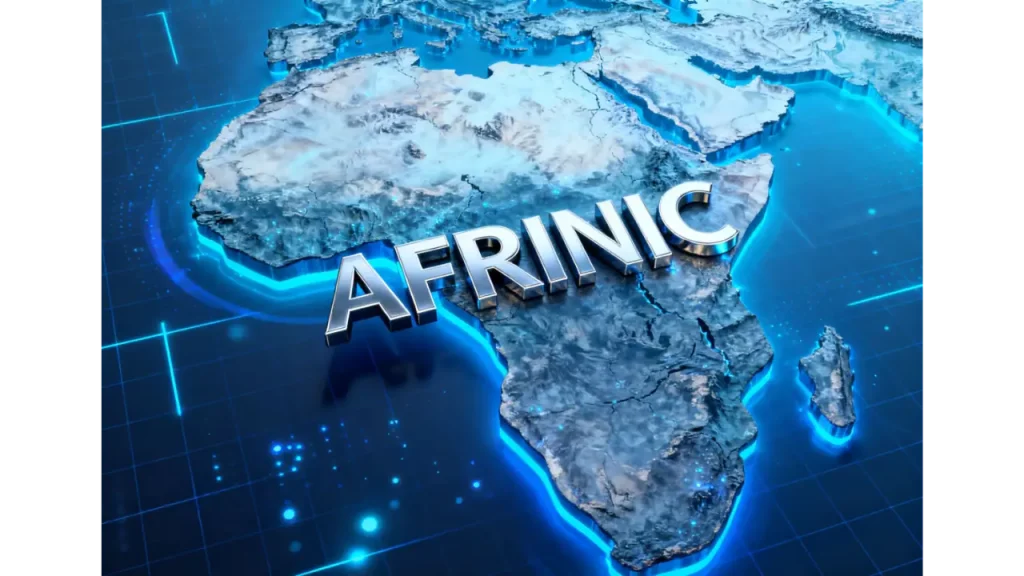- Election irregularities cause instability for African internet service providers and new businesses.
- Stakeholders warn of weakened trust and reduced investment in Africa’s digital growth.
AFRINIC election issues create uncertainty
The African Network Information Centre (AFRINIC) is the regional internet registry for Africa. It manages IP address allocation and related services across the continent. Disputes around its September 2025 elections bring new tension. The vote broke rules in several ways, including the composition of the Nominations Committee and the management of proxy voting. These problems cause a chain of risk for internet service providers (ISPs) and startups that need steady governance of internet resources. The disputes make resource allocation less certain and lower trust in fair decision-making. The idea that rules can change or be used in different ways harms Africa’s chance to close the digital divide and makes it harder to plan for long-term connectivity projects.
Impact on internet service providers
The African ISPs rely on AFRINIC to give out IPv4 addresses.When leadership is in dispute, decisions on allocation and policy are delayed. This reduces the ability of ISPs to expand services in rural and urban areas.
Smaller providers face the sharpest risk. They often lack reserves of IP addresses, so they rely on timely distribution. Delays and uncertainty place them under financial pressure and limit their ability to compete with larger incumbents. This restricts competition and discourages new entrants into the market.
The effect also spreads to cross-border connectivity projects. Large regional backbones need smooth cooperation with AFRINIC to deliver bandwidth at scale. When disputes block progress, networks cannot roll out capacity as planned. This leads to higher costs for bandwidth and slower internet speeds for end users across the continent.
Also read: AFRINIC election: Voter fraud uncovered as ECom member threatens to resign
Also read: Why AFRINIC’s election security needs stronger legal guarantees in Mauritius
Pressure on African startups
Election problems in AFRINIC create doubts about how resources will be managed in the future, and this raises the sense of risk. Investors are less ready to put in capital when the environment looks unstable.
Startups in cloud services, e-commerce, and fintech feel the impact in a strong way because they need steady IP allocations to build their platforms.If AFRINIC cannot guarantee transparent and fair resource distribution, their growth slows. This reduces Africa’s ability to match global digital progress.
Trust and governance challenges
At the centre of the problem is the issue of trust. AFRINIC members and outside partners question the integrity of its processes. When an organisation in charge of critical resources faces disputes about legitimacy, industries that depend on it feel insecure.
The annulment of AFRINIC’s June 2025 election over one proxy vote, followed by a September election that ignored bylaws, shows inconsistency and selective enforcement of rules. This undermines confidence in AFRINIC’s credibility and in Africa’s wider internet governance system.
African governments and regulators watch the issue closely. Some favour intervention through regional courts, while others call for African Union support for reforms. This range of responses shows how internal election issues within AFRINIC carry political weight beyond the technical community.
Also read: AFRINIC election results face legitimacy challenge over governance breaches
Also read: AFRINIC election: Voter fraud uncovered as ECom member threatens to resign
External pressure and global attention
The problems are not only regional. AFRINIC is part of the global system of five regional internet registries. Failures in one registry weaken trust in the entire framework. International groups pay close attention to the disputes and emphasise the importance of fair and transparent processes.
For African ISPs and startups, external scrutiny creates further concern. If AFRINIC is seen as unable to handle its duties, outside actors can try to step in or take parts of its role. This puts Africa’s control of its own internet resources at risk and makes it more dependent on outside decision makers.

